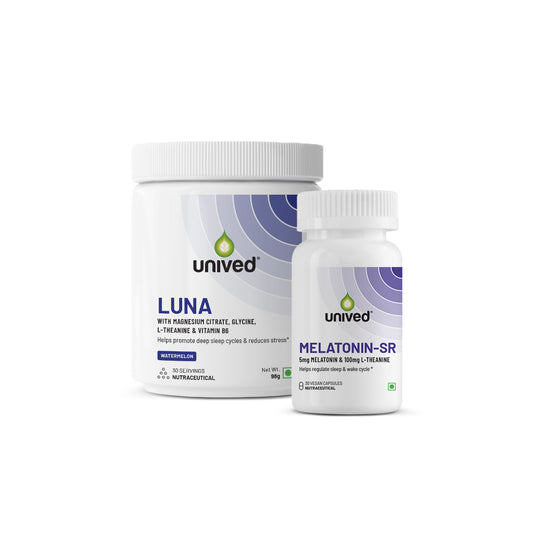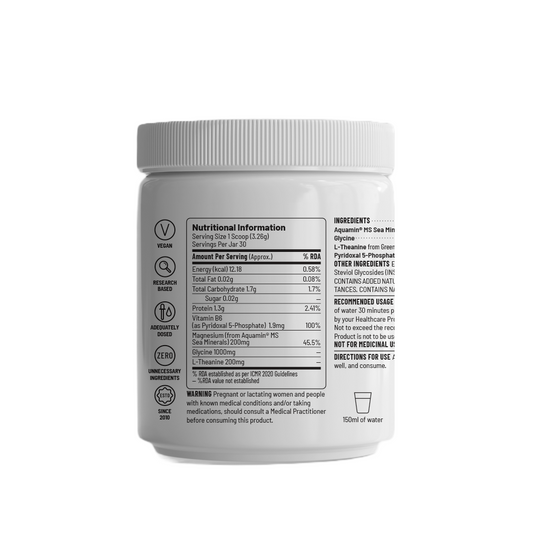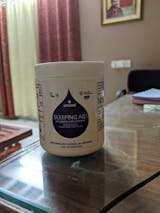The regulation of sleep is processed by the homeostatic
physiology of the circadian rhythm, the sleep/wake cycle. Circadian rhythm is
the 24-hour internal clock in our brain that regulates cycles of alertness and
sleepiness by responding to light changes in our environment. Circadian rhythm
not only regulates our sleep but also regulates other functions such as eating
habits, body temperature, and mood. [17], [15]
Sleep is a vital activity that every organism needs to
function properly. The lack of sleep or poor sleep patterns can have
significant impacts on a variety of essential day-to-day functions. Memory
consolidation, body healing, and metabolic regulation occur during the sleep
cycle. This sleep-wake cycle can influence eating habits, digestion, body
temperature, hormone release, and other bodily functions [17]. Disruption of
circadian rhythms via jet lag, night-shift work, and exposure to artificial
light at night, or even just very late at night, can have a detrimental effect
on sleep cycle or patterns and can negatively affect a person’s ability to
properly function, and can result in many disorders [16]. The various chronic
health conditions linked to irregular circadian rhythms include diabetes,
obesity, depression, bipolar disorder, seasonal affective disorder, and other
sleep disorders (insomnia). Non-rhythmic regulations of core body temperature,
cortisol levels, and melatonin secretion are all indicators of irregularities.
[17].
Nutrition and sleep play a fundamental role in our health,
but the complex relationship between them is frequently overlooked. Resting
enough is associated with maintaining healthier body weight and can be
beneficial for people who are trying to lose weight. Good sleep can improve
your learning, memory, decision-making, and even your creativity.
Our Formulation
Unived’s Luna is formulated with clinically supported
ingredients that promote sleep and relaxation.
Mode of Action:
1. Aquamin® MS Sea Minerals is a Magnesium in the form of
Magnesium Citrate form, sourced from marine water which also contains a wide
range of trace minerals.
- Improves sleep efficiency, sleep time, and melatonin [1].
- Decreases sleep onset latency and serum cortisol
concentration [1], [2] - Optimal levels of Magnesium support relaxation and better
sleep [3] - Decreases C-reactive protein (CRP), a protein that readily
responds by increasing with sleep deprivation and leads to inflammatory stress
in the body [4].
2. Glycine: is a non-essential amino acid that plays an
essential role in the peripheral and central nervous systems.
- Decreases daytime sleepiness [6]
- Modulates certain neuropeptides in SCN that may indirectly
contribute to improving the occasional sleepiness and fatigue induced by sleep
restrictions [5]. - Acts as inhibitory neurotransmitters ( inhibit neurochemical
transmission involved in wakefulness) [5]
3. L-Theanine: This is a unique non-proteinic amino acid
that has been reported with predominant therapeutic values.
- Induce good quality sleep through anxiolysis (reduction of
anxiety) [10]. - Regulates oscillatory brain activities in humans and causes
a relaxation effect [11]. - Increases dopamine and serotonin production [10] [12]
- Increases alpha-brain wave activity, a sign of induced
relaxation [12]. - Inhibits cortical neuron excitation and causes anti-stress
effects [10].
4. Vitamin B6: Pyridoxine is needed for normal brain
functioning and development.
- Helps the body make the hormones serotonin and
norepinephrine which influence mood, and melatonin which helps regulate the
body clock.
References:
1. Abbasi, Behnood, et al. "The effect of magnesium
supplementation on primary insomnia in elderly: A double-blind
placebo-controlled clinical trial." Journal of research in medical
sciences: the official journal of Isfahan University of Medical Sciences 17.12
(2012): 1161.
2. Abbasi, Behnood, et al. "Effect of magnesium
supplementation on physical activity of overweight or obese insomniac elderly
subjects: A double-blind randomized clinical trial." Zahedan journal of
research in medical sciences 15.3 (2013).
3. Nica, Adriana Sarah, et al. "Magnesium
supplementation in top athletes-effects and recommendations." Sports
Medicine Journal/Medicina Sportivâ 11.1 (2015).
4. Nielsen, Forrest H., LuAnn K. Johnson, and Huawei Zeng.
"Magnesium supplementation improves indicators of low magnesium status and
inflammatory stress in adults older than 51 years with poor quality
sleep." (2010).
5. Bannai, Makoto, et al. "The effects of glycine on
subjective daytime performance in partially sleep-restricted healthy
volunteers." Frontiers in neurology 3 (2012): 61.
6. Yamadera, Wataru, et al. "Glycine ingestion improves
subjective sleep quality in human volunteers, correlating with polysomnographic
changes." Sleep and Biological Rhythms 5.2 (2007): 126-131.
7. “Ingredient Overview: highly bioavailable, clinically
effective, sustainably produced.’ www.ashwagandhaadvantage.com
8. ‘KSM-66® Ashwagandha/scientific studies: highly
bioavailable, clinically effective, sustainably produced.’
www.ashwagandhaadvantage.com
9. Choudhary, Dnyanraj, Sauvik Bhattacharyya, and Sekhar
Bose. "Efficacy and safety of Ashwagandha (Withania somnifera (L.) Dunal)
root extract in improving memory and cognitive functions." Journal of
Dietary Supplements 14.6 (2017): 599-612.
10. Chatterjee, Sirshendu, Ananya Chatterjee, and Sandip K.
Bandyopadhyay. "L-theanine: a prospective natural medicine." Int J
Pharm Sci Rev Res 41.21 (2016): 95-103.
11. Higashiyama, Akiko, et al. "Effects of l-theanine
on attention and reaction time response." Journal of Functional Foods 3.3
(2011): 171-178.
12. “Monograph: L-Theanine”, Alternative Medicine Review.
Volume 10, Number 2, 2005
13. Doll, H. E. L. E. N., et al. "Pyridoxine (vitamin
B6) and the premenstrual syndrome: a randomized crossover trial." The
Journal of the Royal College of General Practitioners 39.326 (1989): 364-368.
14. Loft, Marisa, and Linda Cameron. "The importance of
sleep: Relationships between sleep quality and work demands, the prioritization
of sleep and pre-sleep arousal in day-time employees." Work & Stress
28.3 (2014): 289-304.
15. Potter, Gregory DM, et al. "Circadian rhythm and
sleep disruption: causes, metabolic consequences, and countermeasures."
Endocrine reviews 37.6 (2016): 584-608.
16. Walker, William H., et al. "Circadian rhythm
disruption and mental health." Translational psychiatry 10.1 (2020): 1-13.
17. Reddy, Sujana, Vamsi Reddy, and Sandeep Sharma.
"Physiology, circadian rhythm." (2018).






 SaleVendor:Deep Sleep
SaleVendor:Deep Sleep








